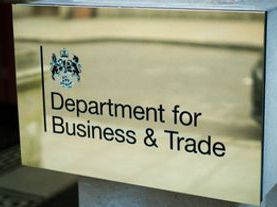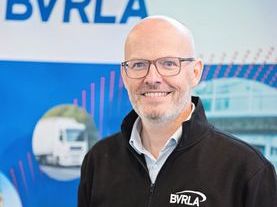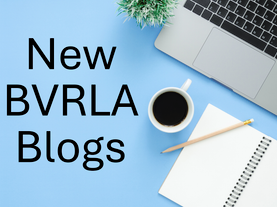Last week the Government published the details of its £30m commitment to Depot and Fleet Charging Grants. At its core, this is a positive step forward and seeks to address some of the issues the BVRLA has flagged to Government regarding charging infrastructure installation at depots, including rental branches.
The new Depot Charging Scheme helps fund up to 75% of a project’s eligible costs i.e. chargepoints, cabling. The grid connection needs to have been secured in order to access the grant, the funding will not cover any grid connection costs.
Rental members can benefit from the fund if they meet the key eligibility criteria, the most notable of which is that they operate a fleet of vans or HGVs. Being a current BVRLA member has been confirmed as an acceptable route for a firm to be eligible.
The more challenging news is that applications need to be in before 28 November 2025 (if not sooner, funding will be granted as suitable applications come in), and projects must be completed by 31 March 2026.
This grant can be confusing, so if you need help and are trying to electrify your rental depot, reach out, and the association will see how it can help.
See responses to Frequently Asked Questions (FAQs) below; this will be updated as appropriate.
Contact [email protected] if you have questions or any feedback on the scheme.
What is the Depot Charging Scheme?
The £30 million fund is designed to support fleet operators with the costs of installing charging infrastructure for electric HGVs, vans and coaches at fleet depots (defined as a commercial site where HGVs, vans and/or coaches are housed and maintained, and from which they are dispatched for service).
Will this help me with grid connection costs?
No. The fund is for those who have the required grid capacity on site, or where they can provide evidence of an electrification date within the project delivery window.
How much can I apply for and are there limits?
The fund will cover up to 75% of a project’s eligible costs. If the total cost of funded activities exceeds £1.3m, the Department will fund the maximum amount of £1m, regardless of percentage. If the total costs of funded activities is below £1.3m, the Department will fund 75% of costs.
Is there a time limit to apply?
Yes. There is a narrow timeline to apply - the grant will close either when funding has been exhausted or by 28 November 2025 (whichever is sooner). All projects must be completed by 31 of March 2026, with all associated claim evidence to be submitted no later than 31 March 2026.
What is the eligibility criteria?
Applicants will need to meet the following criteria:
- Be registered and operating in the UK for at least 1 year at the time of application.
- Own, lease or have on order or plan to order, a zero-emission electric van, HGV or coach.
- Either own their depot or have landlord permission for infrastructure installation.
- Where applicants lease their depot, the depot must be leased for the next three years.
- Either have the required grid capacity on site, or provide evidence of an electrification date within the project delivery window.
- Have sufficient financing to deliver the project and meet the matched funding requirements.
Is there a minimum period I need to hold the E-van/e-HGV?
The grant funding agreement states the following : ‘The Grant Recipient shall ensure that, for a period of 3 years from the date on which the funding period ends, it continues to own and operate or lease and operate at least the number of HGVs, vans or coaches as were owned, leased or on order at the Commencement Date’. This means that grant recipients are expected to still have as many battery electric van(s), HGV or coach 3 years on from April 2026. Rolling leases/hire are acceptable as long as they can be evidence of continual usership and renewal during that period.
What proof is required?
- A copy of the operating licence, or for van-only fleets, evidence of BVRLA membership, FORS accreditation or LUK van excellence accreditation;
- Evidence of current or future battery electric vehicle ownership, including acquisition dates and Vehicle Identification Numbers;
- Vehicle lease contracts or order forms (where applicable);
- Evidence to confirm ownership or lease of the depot(s);
- Confirmation of any previous EV infrastructure funding;
- Description of any current EV chargepoint infrastructure;
- Description of the proposed EV chargepoint infrastructure;
- An outline of any third parties that would be contracted to deliver the infrastructure;
- A full budget breakdown for the duration of the project;
- Evidence of Distribution Network Operator arrangements;
- Evidence of financing for the project.
Are there state aid implications?
The grant and its £1m funding cap per business is in line with subsidy control regulations which for the purposes of this grant cover the entire scope, including Northern Ireland. As long as businesses abide by the grant’s rules and, where applicable, the regulations applicable to other funding being received, there is no concern to be had.




